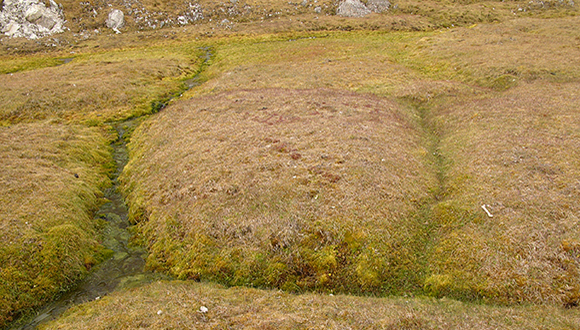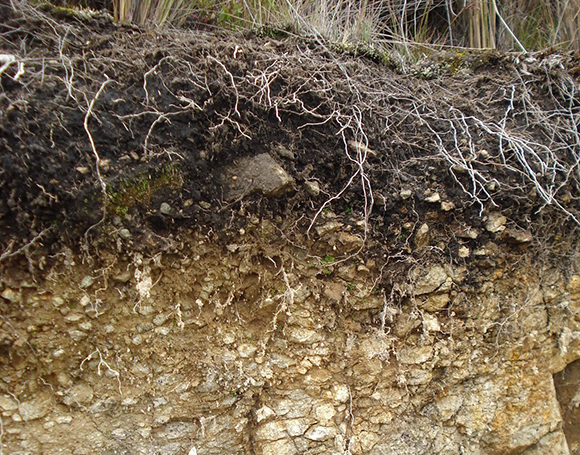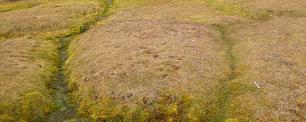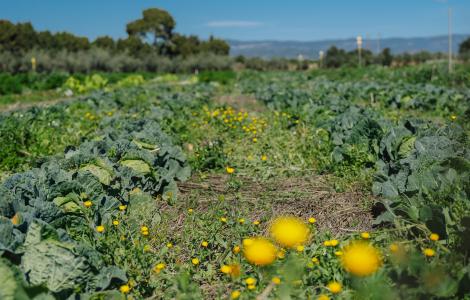The loss of soil carbon can accelerate climate change
The journal Nature has today published a study which had the participation of CSIC scientists at CREAF, Marc Estiarte and Josep Peñuelas, which demonstrates the relationship between the release of carbon from soils and the acceleration of climate change.

The study shows that with Earth’s increasing temperature, soils may release more carbon into the atmosphere, which would in turn further increase the temperature. This would result in a feedback loop that would be difficult to stop. “The activation of this feedback loop can accelerate and intensify climate change,” warns Peñuelas. Soils in boreal regions and in higher latitudes, which until now have remained partly frozen and which store large amounts of carbon, will be most sensitive to increases in temperature.
“The activation of this feedback loop can accelerate and intensify climate change”
The study explains how global warming may cause soils to release carbon, which, according the most conservative estimate, could amount to more than 55 petagrams of carbon (55 billion kg) by 2050. This quantity is equivalent to a 17% increase in human-derived emissions into the atmosphere expected during this period.
The authors of the study calculate that an increase of 1 ºC in temperature may cause soils to release two to three times the carbon emitted each year by human activity. This is cause for concern, considering that the COP21 accord in Paris last year set an objective of an increase no greater than 2 ºC by 2100.

The study shows that the soils most sensitive to an increase in temperature are those in the coldest regions. “Arctic and subarctic soils are cold and usually frozen, as they have been for centuries or even millennia. In the cold temperatures, microbial activity has remained low, and residual vegetation has not decomposed. As such, these soils have released little carbon into the atmosphere and have accumulated large stocks,” explains Marc Estiarte. Since these are the regions that are warming the most, according to the models, “they could release an enormous quantity of carbon into the atmosphere,” he adds.
Since these are the regions that are warming the most, “they could release an enormous quantity of carbon into the atmosphere”.
In fact, another study that Josep Peñuelas and Marc Estiarte have participated in, published November 14th in the North American journal Proceedings of the National Academy of Sciences, explains how high latitude soils are the most sensitive to changes in the Earth’s temperature. In this study, they found that the release of carbon by soils increases until the soil temperature reaches 25 ºC; above this threshold, carbon emissions would be reduced.
The temperature of soils in temperate and tropical regions are closer to this limit, unlike boreal soils further north for which there is still a large margin for increases of carbon emissions to the atmosphere. This effect of thawing and warming of northern soils, combined with the large stocks of carbon that are stored there, makes Arctic and subarctic soils the key to predicting climate change.
ARTICLES
Crowther, T.W., Estiarte, M., Peñuelas, J. et al. (2016). Quantifying global soil carbon losses in response to warming. Nature. DOI: 10.1038/nature20150
Carey, J.C., Estiarte, M., Peñuelas, et al. (2016). Temperature response of soil respiration largely unaltered with experimental warming. Proceedings of the National Academy of Sciences. DOI: 10.1073/pnas.1605365113






